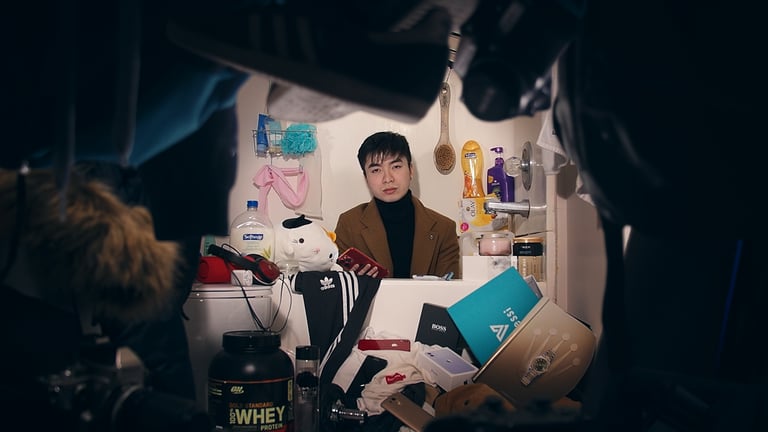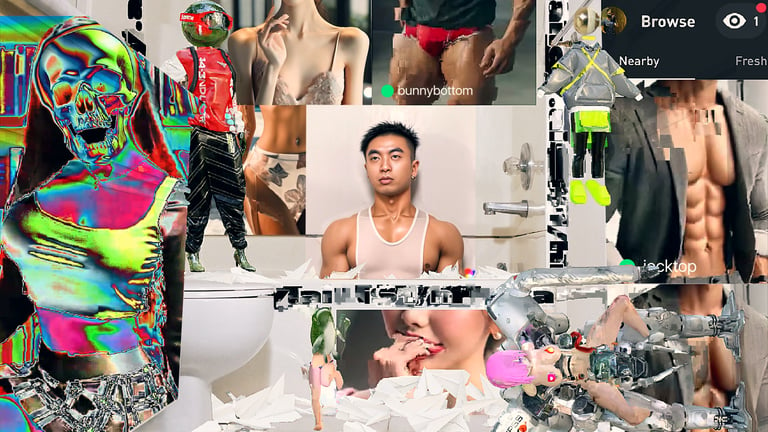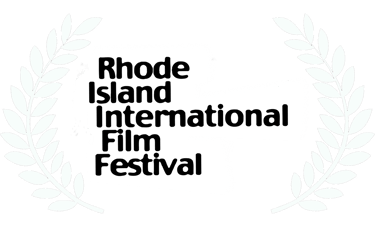
unperforming
When unrealistic expectations take their toll...
To get the attention of his crush, a gay man competes with a popular personality in his community. As an insidious swarm of marketing and peer pressure drives him to obsess over how he measures up, he struggles to escape thoughts of inadequacy.
Background
This film is the improbable fruit of an improbable friendship – myself a dusty academic, and Bryan a flamboyant creative.
We’ve been poking fun at each other for awhile now! When he asked me to help tell his personal story with social media and self-esteem, it felt like the culmination of years long discussion, and so I accepted – not fully realizing how ambitious an undertaking this would be!
While based on a true story, all characters are fictional: no identification with any real persons is intended.
Being Gay Online: Status Games and Hypersexualization
Like so many other LGTBQ+ folks, Bryan sadly spent his teenage years hiding himself away. This meant he didn’t have the opportunity to work out all the kinks that come with approaching romantic partners for the first time until his adult years. Unfortunately, being gay means that opportunities to meet people are sparse unless one uses gay “dating” apps, which center heavily around hook-up culture.
While the internet can offer a safe space to explore one's identity, certain platforms do more harm than good. Between gay dating apps and social media, Bryan was lead to pathological validation seeking, an all too common result. In his community, that meant seeking to be better than, to be noticed by the hypersexual and hypermasculine personalities that dominated his online landscape.
The problems of such platforms are thankfully better known these days. Less known is how particularly pernicious they can be for certain communities: Bryan finds they've trapped a disproportionate number of gays in a sort of extended adolescence.
True to Bryan's experience, our main character is also gay. He hopes it will spark more critical conversation in his community, the first step to change.
A Critique of Individualism and Market Economies
It was crucial to me that we didn’t add to the problem, as some popular works unfortunately do. Status games (which drive advertising revenue) lead to obsessive self-improvement regimes (a lucrative industry), and when burnout hits the twisted band-aid our individualistic society offers is self-care and therapy (another lucrative industry – notice a pattern?). At each step the burden is on the individual to fix themselves. But this profoundly misses the key lacking in so many people’s lives: connection.
We don't often appreciate that connection implies co-dependence, curtailment of personal freedom. It implies encounter with other, friction, things out of your control. And it implies loyalty, not something you can swipe left or slap a return label on.
A market economy with a mandate to grow will prefer to atomize us – to make islands of us – since an individual who is less co-dependent with their neighbors, friends, or family will consume more, become more dependent on the market to meet their needs. And it will do so by offering ever more “frictionless,” responsibility free, substitutes.
Director's Statement
Only, it can never fill certain essential needs: true connection and belonging is not something you can buy or sell. In this department, the market can only ever offer snake oil: entertaining distractions, coddling bandaids, painkillers or delusions. What scares me most: our brightest minds are employed to make that snake oil ever more convincing, with ever more powerful technology. (The boom of AI girlfriends and AI influencers truly terrifies me.)
Addressing such structural issues was beyond the scope of our film, but my awareness certainly informed its direction. I hope viewers are left more wary of the snake oil, and inspired to reach out and look after one another.
Artistic Approach
I hoped to make the film's message more poignant by borrowing and subverting looks from the advertising industry. Some tableaux intentionally have unrealistic glossiness or use cues from fashion photography, while showcasing the power of marketing or vapidity of consumerism.
My approach to VFX was one that by turn hides and states its encroachment on reality, as the character by turn plays and then tries to reject the beauty/popularity contests we’re surrounded by.
Grounded in a relatable, lived experience, I think of this work as a PSA of sorts and the spectacle of the VFX helps keep it accessible. It also serves as a contrast to the slice of life ending.
Besides being a great emotional conduit, we thought dance was a striking metaphor for the performance the character puts on for others, and then struggles to escape from.
Acknowledgments
This film wouldn’t exist without INZO’s music. “Overthinker” was a lifeline for Bryan during his own struggle; he envisioned it as the backbone of our film and it proved incredibly solid. Integral to “Overthinker” is narration from the late Alan Watts: visually contextualizing his wisdom for a modern audience was a delight. I’m quite sure Watts would have a witty and good-natured critique to make of our atomizing society: I worked hard to ensure his voice wouldn’t be co-opted by it! We deeply appreciate both INZO and the Alan Watts Organization for allowing us to use their material. We know their work is beloved: we hope to have done them justice!
I want to thank all our dear friends who helped us along the way, but especially Alice Lin and Tze Liew: they were both incredibly patient with my wild demands, and vital as our grips, supporting cast, moral support and everything in between. And finally, to Bryan: I’m so glad your spectacular, sometimes rough, but always lovable mess crashed into my life. Keep doing you!
Cristian Trout
Director, Producer, Writer
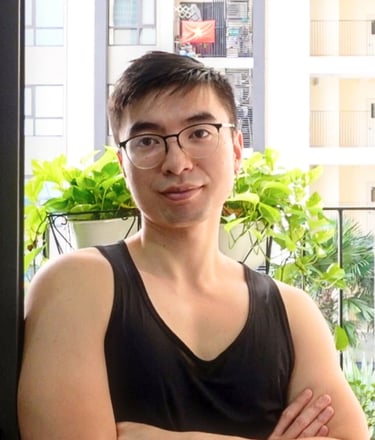

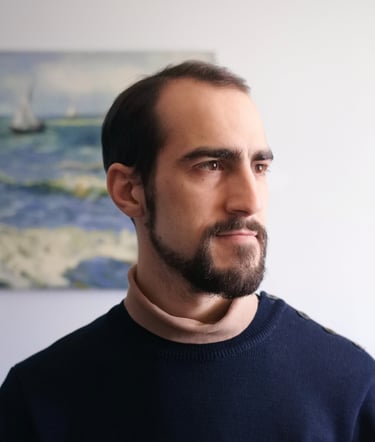

Cristian Trout
Director, Producer, Writer
Bryan Pham
Writer, Actor, Choreographer
With a day job in AI policy research and a Masters in Philosophy, Cristian Trout is an industry outsider.
A self-taught filmmaker with a passion for tackling social issues through storytelling, Cristian brings his critical eye to the attention economy, hyper-sexualization and social atomization in this his debut short film.
He is currently developing a feature about America's bitter polarization, the bizarre techno-utopian culture driving the development of AI, and what it all means for the future of society.
He lives in Boston, USA.
Bryan Pham graduated from the University of British Columbia in 2019, with a Bachelor's in English.
He self-published his first book Evil is Pink in 2023.
Bryan is now working towards creating a "Grindr" alternative for his community: a safer space, especially for younger gays, to explore their sexuality without the hypersexualization that is constantly prevalent in the gay community.
He lives between Saigon, Vietnam and Vancouver, Canada.
Bios
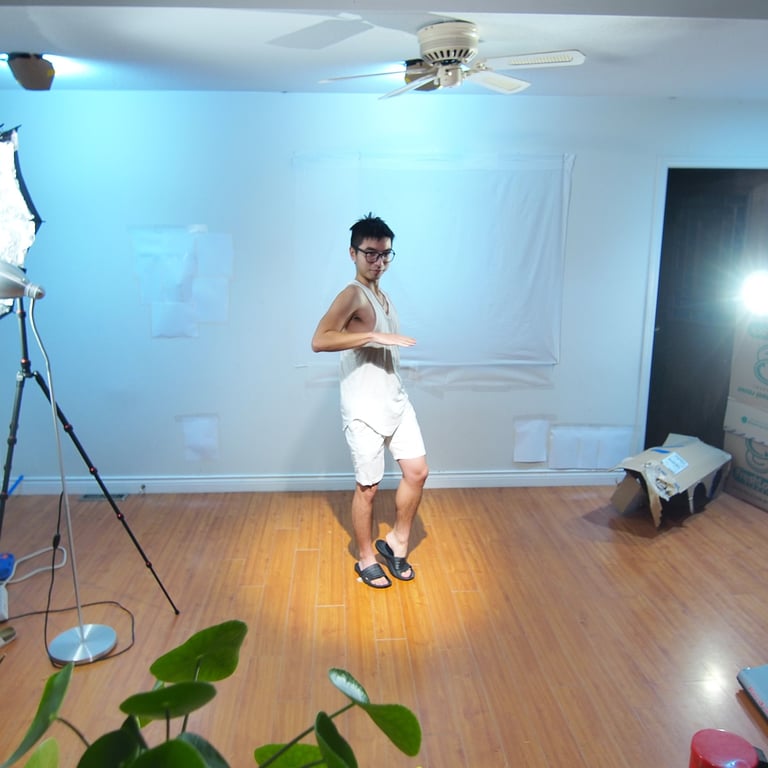
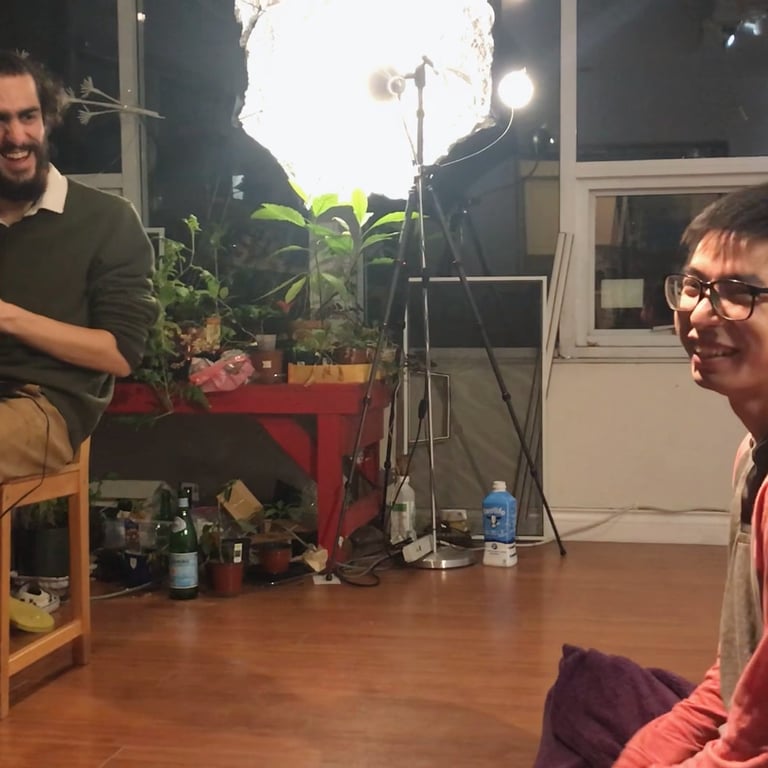

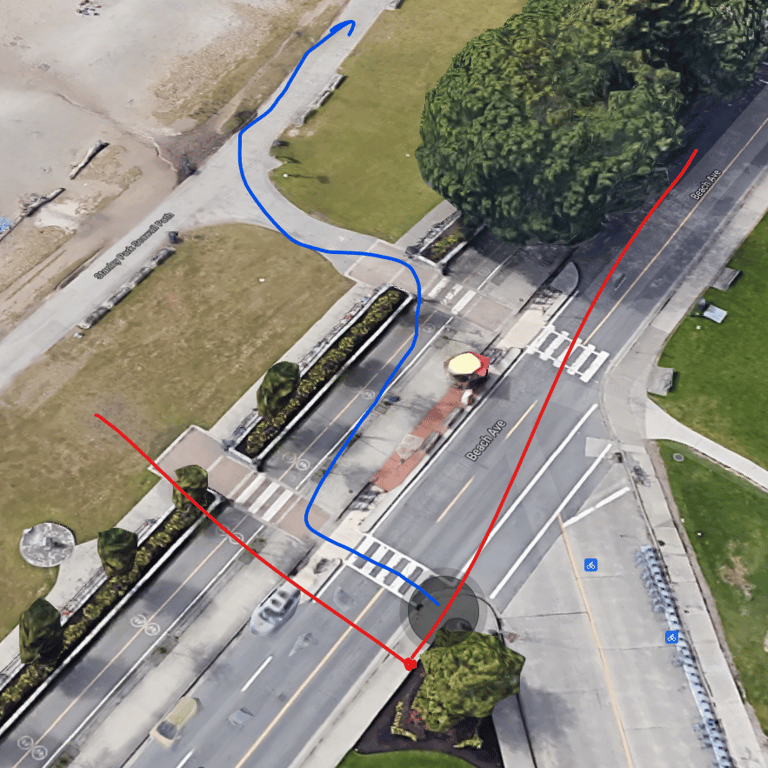
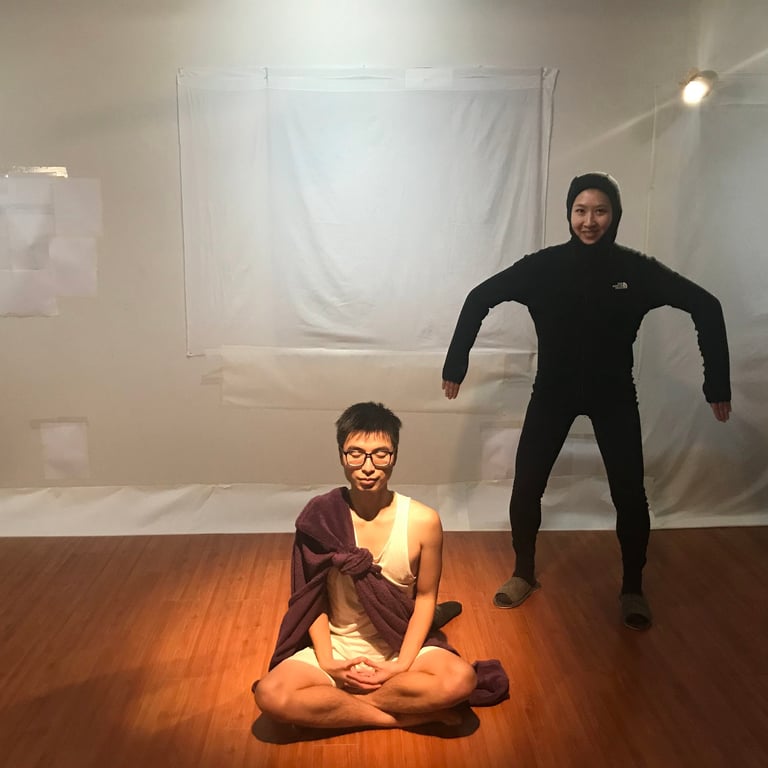
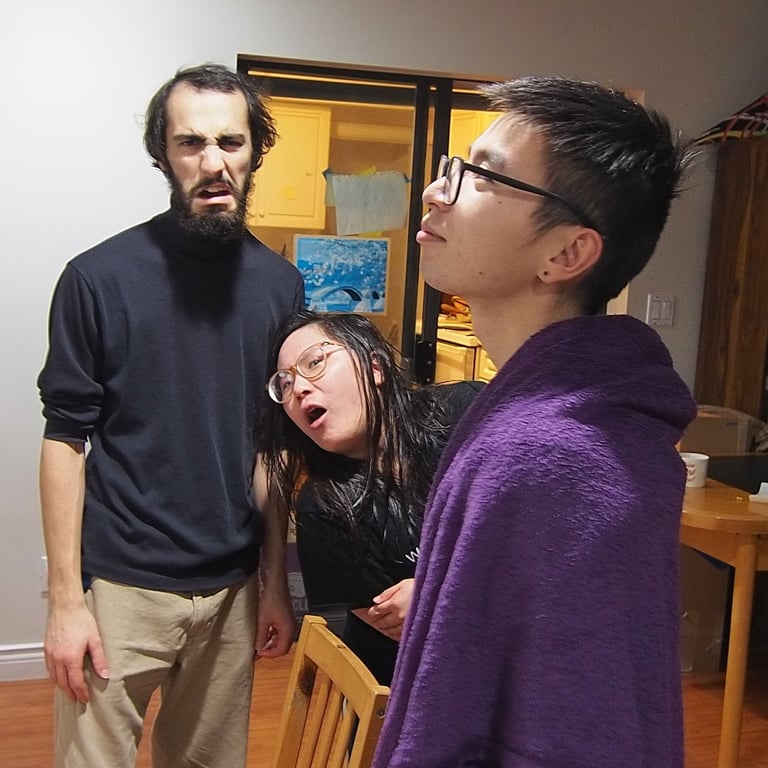
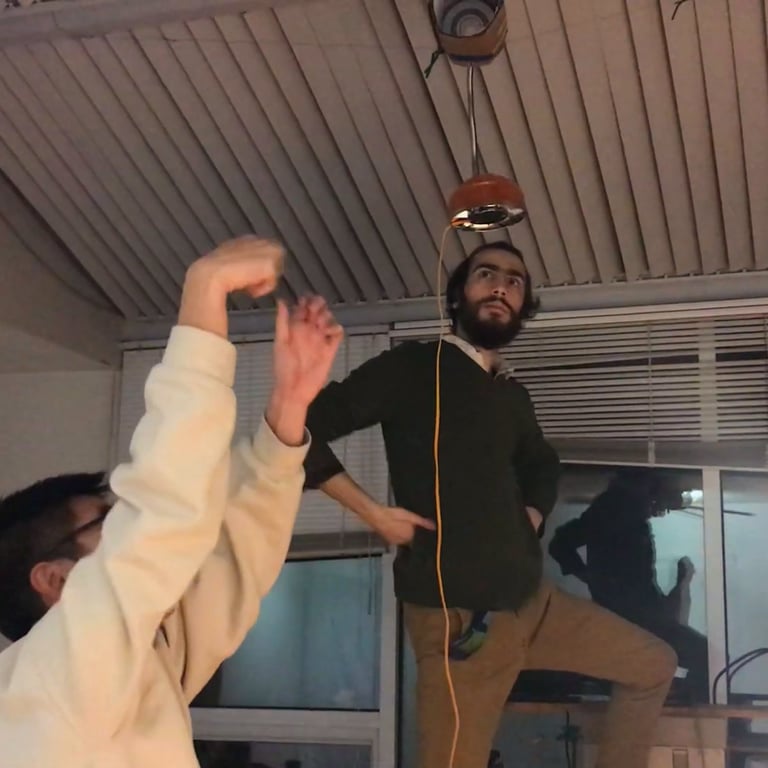
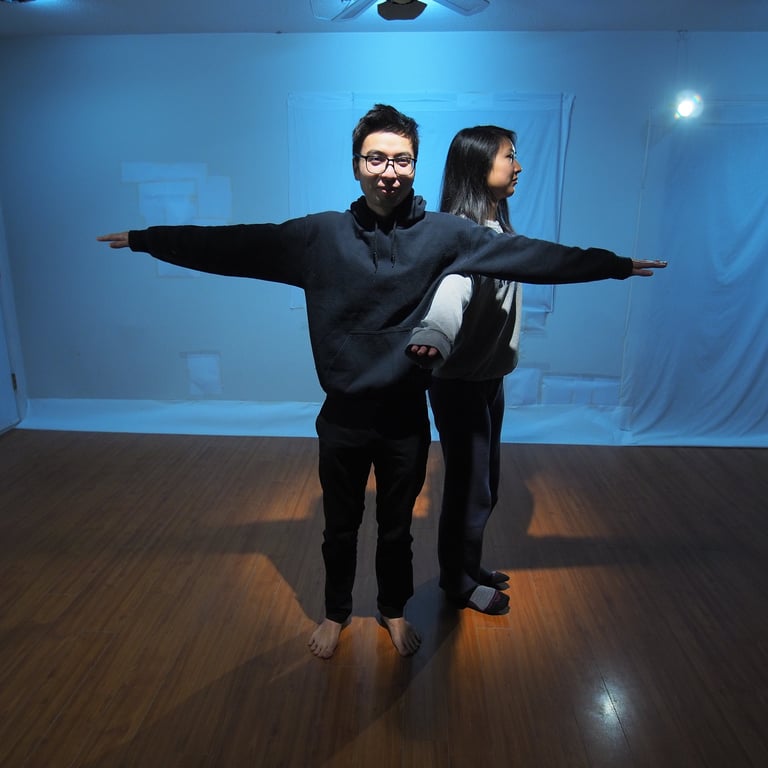
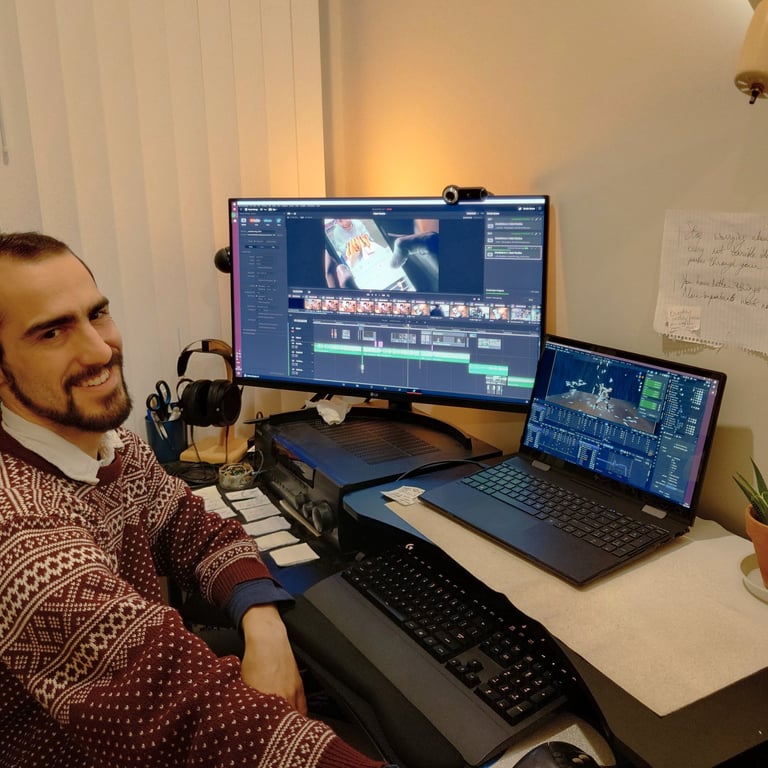
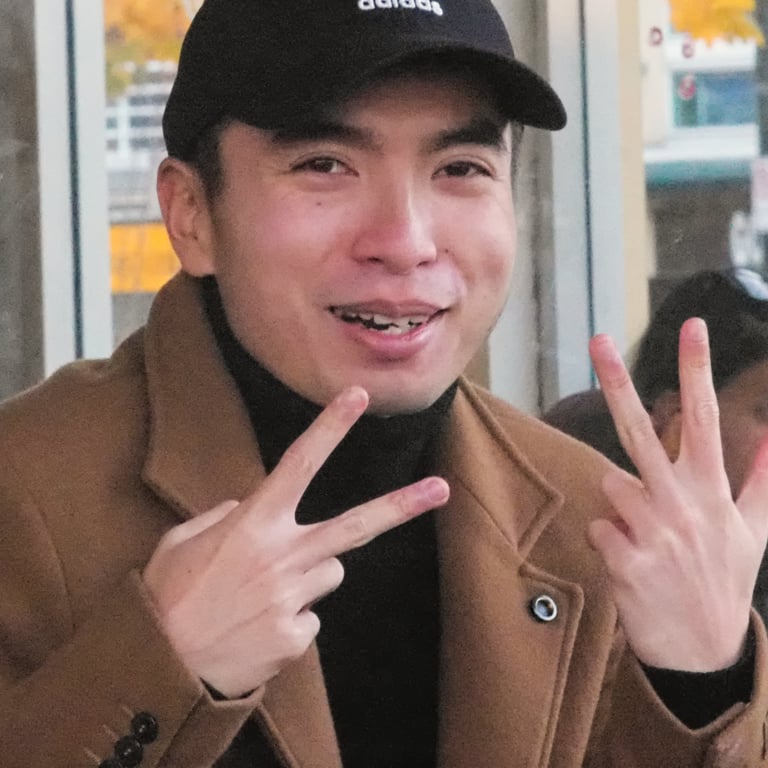
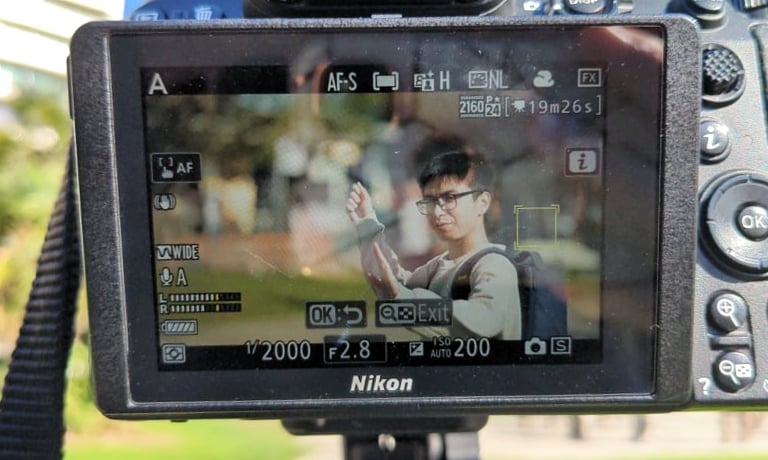
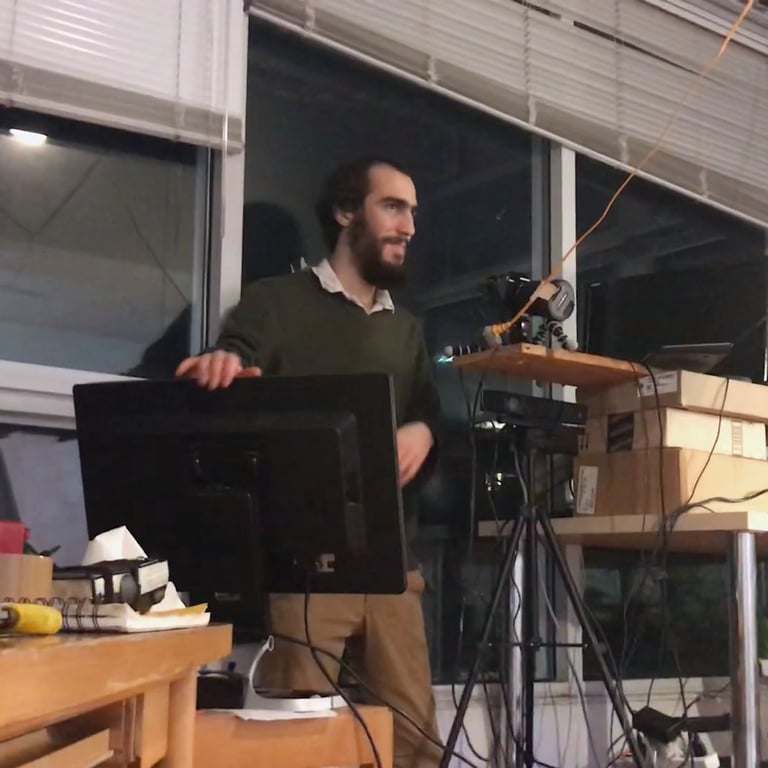
Behind the scenes
Stills
